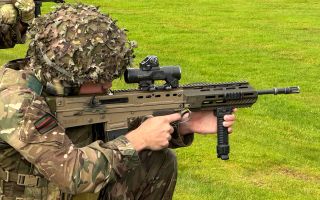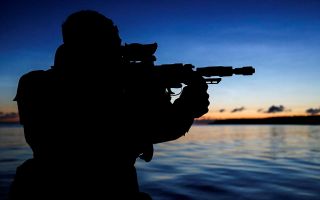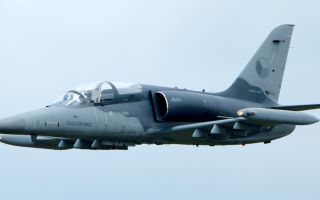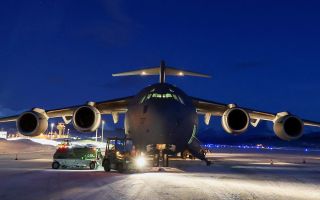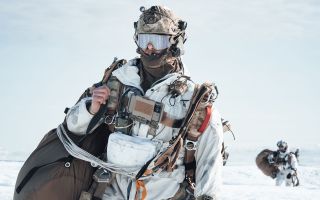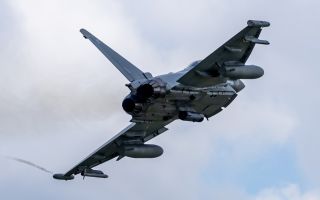It's international law: Why HMS Richmond has a responsibility to transit the Taiwan Strait
The Royal Navy must exercise its right under international law and send HMS Richmond through the Taiwan Strait next month, a respected former Navy commander has told BFBS Forces News.
"The Navy understands that this is about imposing international law," said Tom Sharpe, who commanded four vessels during his 27-year career. "If we run scared of those who wish to flout international law, well that's the quickest route to anarchy, isn't it?"
His comments follow a reported row between Defence Secretary John Healey and Foreign Secretary David Lammy over plans for the Type 23 frigate to transit the Taiwan Strait next month as part of CSG25's deployment to the Indo-Pacific.
Mr Lammy is said to be concerned the move would anger Beijing, whose posturing in the South China Sea has become increasingly aggressive of late.
Earlier this month, a People's Liberation Army Navy destroyer collided with a Chinese coastguard vessel while both were tracking a Philippine patrol vessel near the disputed Scarborough Shoal.
Several days later, the Chinese military said it "drove away" a US destroyer that transited the same area.
"I think if you normalise exceptional, it's what that behaviour in the South China Sea is all about," Cdr Sharpe said.
"It's about tearing up the rules – and not in one go, but incrementally. And then you encroach on this limit, and then you build an airbase here, and then you start harassing this boat at a range of 50 yards, and then the next at 10 yards.
"And then the next day you're whacking the bow off your own Coast Guard ship… I think it's up to us to set the conditions to just say 'look, these are the laws as recognised by international law, not by you'."
Setting a precedent
HMS Richmond previously transited the Taiwan Strait in 2021, the first time a Royal Navy vessel had passed through the waterway in 13 years.
Other Navy vessels have since sailed through the area, including HMS Spey in June this year. At the time, the Chinese military said her actions "deliberately caused trouble" and "undermined peace and stability in the Taiwan Strait".
HMS Spey was effectively unarmed during her voyage, save for a 30mm cannon. By contrast, HMS Richmond would be equipped with the Sea Ceptor missile system, which can engage multiple targets simultaneously, including fast-moving targets.
"It is extraordinary that we're running from this sort of faux outrage when they fly military aircraft into Taiwan's airspace, I mean, inside 12 nautical miles, hundreds of times a month," Cdr Sharpe added.
"And we're worried about putting a single ship through an 80-mile international strait every four years. I mean, it's nonsensical, isn't it?"
An MOD spokesperson told BFBS Forces News: "For operational security reasons, we do not routinely comment on detailed ship movements or specific routing decisions.
"All decisions are made in the national interest."
Another day at the office
If HMS Richmond does transit the strait as planned, Cdr Sharpe said while the Navy would be aware of the political tensions, its greater focus would be ensuring the frigate's safe passage, as it would with any other contested waterway.
"There'll be a sensible logistical military defence reason to do it. So they'll treat it like any other chokepoint transit," he said.
"They'll know that there's stuff going on around. They'll have a weather eye on that, on the headlines, and they will have people on radars keeping a close eye out. Of course they will. But really for them it's just business as usual."
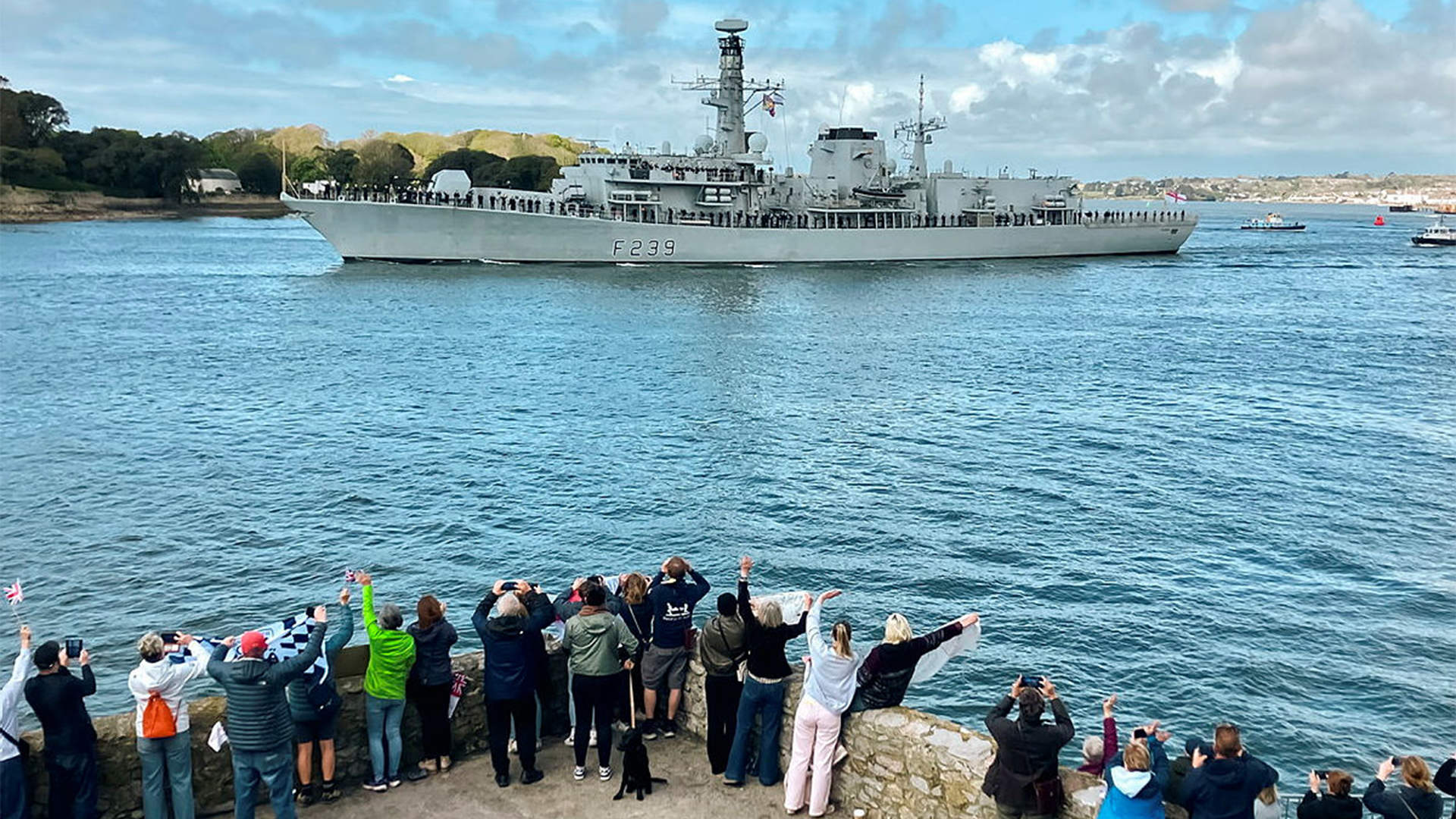
"This is just an 80-mile transit," he continued. "It's like standing on Tower Bridge and looking at Stonehenge, right? It's a huge gap.
"I think people tend to think of it like it's the Suez Canal or something. It really isn't.
"It's an international strait with thousands of ships going through it every month. And they'll just be one of them."

